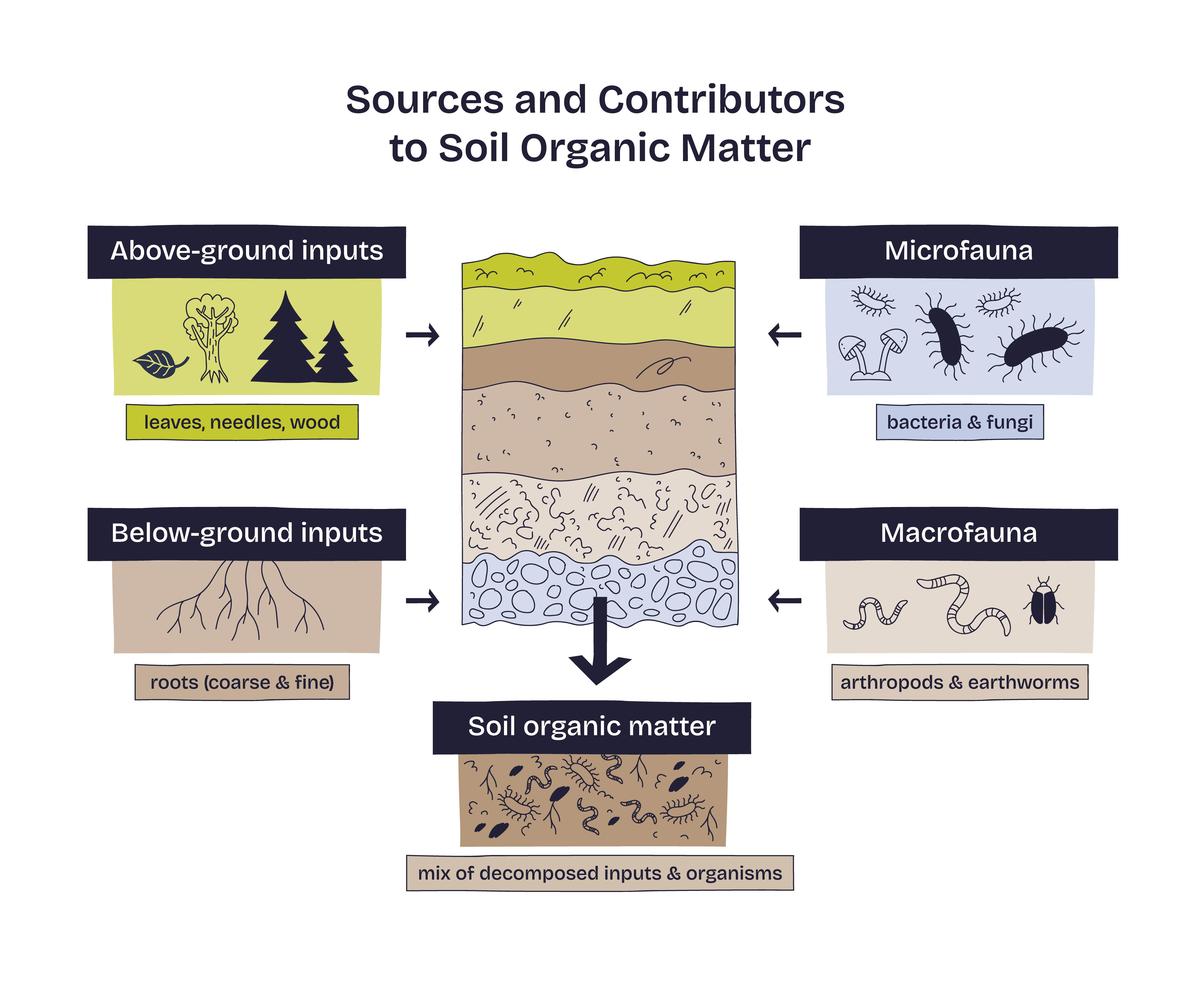用科技论文语言缩写以下内容:Plants have established a myriad of metabolic and physiological mechanisms to combat these stresses over the long period of evolutionStress-related metabolic activities often result in a
Plants have developed various metabolic and physiological mechanisms to combat stresses during evolution. Stress-induced metabolic activities often lead to the production of reactive oxygen species (ROS), including O2−, H2O2, OH-, HOO-, and 1O2. ROS are important compounds in plant growth, but excessive ROS levels can harm cells by damaging the plasma membrane and oxidizing molecules such as nucleic acids and proteins. Optimal ROS levels can enhance plant stress tolerance, while excessive levels can lead to oxidative burst reactions that negatively impact plant growth and development. Plants have enzymatic and non-enzymatic antioxidant defense systems, such as SOD, CAT, APX, GR, GPX, MDHAR, and DHAR, that regulate ROS homeostasis in vivo. Toxic ROS levels can cause metabolic dysfunction and cell death through cell membrane oxidation

原文地址: http://www.cveoy.top/t/topic/hnJ6 著作权归作者所有。请勿转载和采集!